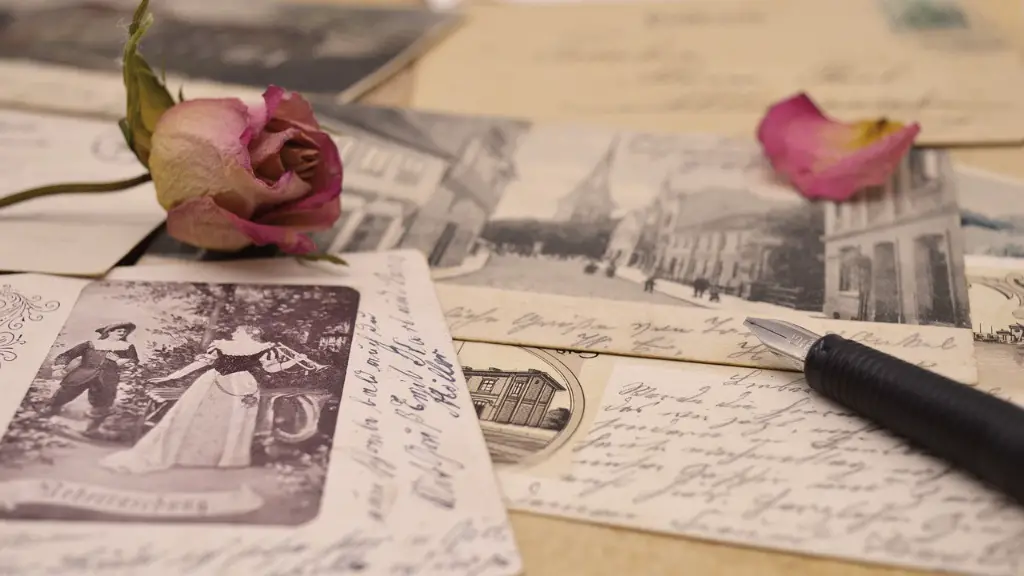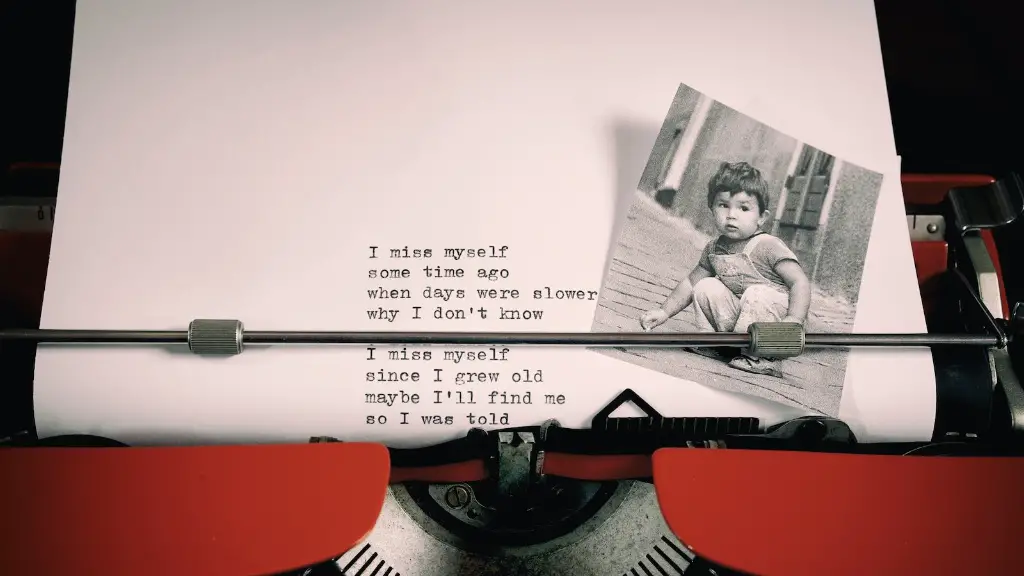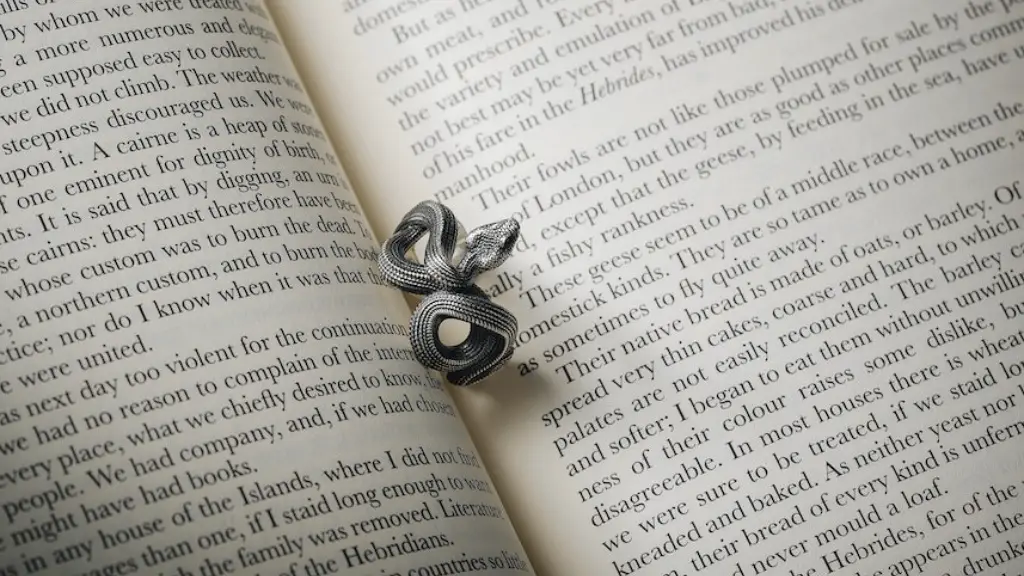Poetry is an art form that is as old as civilization itself, predating written language. It has been used to communicate, empower, celebrate and lament in all parts of the world for millennia. It is no wonder that so many people turn to poetry for expression, understanding, and comfort today. In this article, we will delve into what makes good poetry.
The first aspect of good poetry is its power to make the reader connect. Good poetry should evoke emotion and thought, whether that be sorrow, joy, anger, or love. Poetry should make the reader reflect on themselves, their identity, or the world around them.
Good poetry should also be eloquently structured and poetic. Although free-form and abstract poems can be beautiful, to be good they must still have a certain structure and follow certain conventions. For example, there should be a clear structure and flow to the poem.
The language that is used in good poetry is also important. It should be imaginative and evocative, full of imagery and figurative language. Vivid descriptions, metaphors, and allusions are all tools that can be used to express the power of words and good poetry should employ them.
Rhythm and rhyme also play an important role in making good poetry. Rhyme adds depth to a poem and increases the emotional impact, allowing the poet to capture their ideas even more clearly. Additionally, good poetry should be bold and take risks. Unconventional symbolism, wordplay, and subject matters can all be explored to create truly powerful pieces of work.
Finally, good poetry should also be authentic. It should be honest in its construction, telling the truth as the poet sees it. Self-expression and vulnerability are key aspects of this. It is also important to have a unique, personal voice in poetry. Good poetry should capture not only the poet’s thoughts and feelings, but also their personality in how they express them.
Forms of Poetry
Poetry can be written in many forms, each of them bringing a different flavor to the poem. Perhaps the most well-known and traditional form is the sonnet. The sonnet is a 14-line poem written in iambic pentameter that usually follows a specific rhyme scheme. Other popular forms of poetry include the limerick, haiku, free verse and villanelle. Although each form of poetry has its own style and conventions, every good poem should still capture emotion, structure, eloquence, and honesty.
Examples of Good Poetry
Some of the best examples of good poetry come to us from some of the most renowned poets in history. William Shakespeare’s sonnets are often considered to be the height of poetic achievement. Emily Dickenson’s poetry also stands out for its vivid descriptions and unique perspectives. Robert Frost’s use of symbolism has also made his poems stand out over the years.
Creating Poetry
Creating poetry can be a difficult but rewarding task. The most important thing is to remain authentic to oneself and your own style. It is also important to be creative, to take risks, and to experiment. Over time, the quality of your poetry will improve and eventually, you may end up with some truly great pieces of work.
The Legacy of Poetry
Poetry is an art form that continues to capture hearts and minds for generations. It’s ability to explore the depths of human emotion make it a timeless source of inspiration and creativity. As such, it is only right that we strive to write the best poems possible, pushing ourselves to find our unique voice and to create something truly special.
The Different Mediums of Poetry
As technology has advanced, so has the ways in which poetry can be experienced and shared. Social media and the internet now provide a platform for a new type of poem – the spoken word poem. YouTube is an excellent example of this form of expression, with millions of spoken word poets utilizing the platform to connect with audiences. Other forms of multimedia, such as podcasts and streaming services, also provide a new medium for poetry.
The Power of Poetry
The power of poetry lies in its ability to express our deepest thoughts and feelings. Poetry has often been used to share stories of joy and sorrow, love and pain. It has been used to protest oppression and fight injustice, to capture the beauty of life, and to explore the depths of our humanity. Good poetry has the power to make us think and to make us feel, to heal and to empower. It should be cherished and celebrated, and never underestimated.



